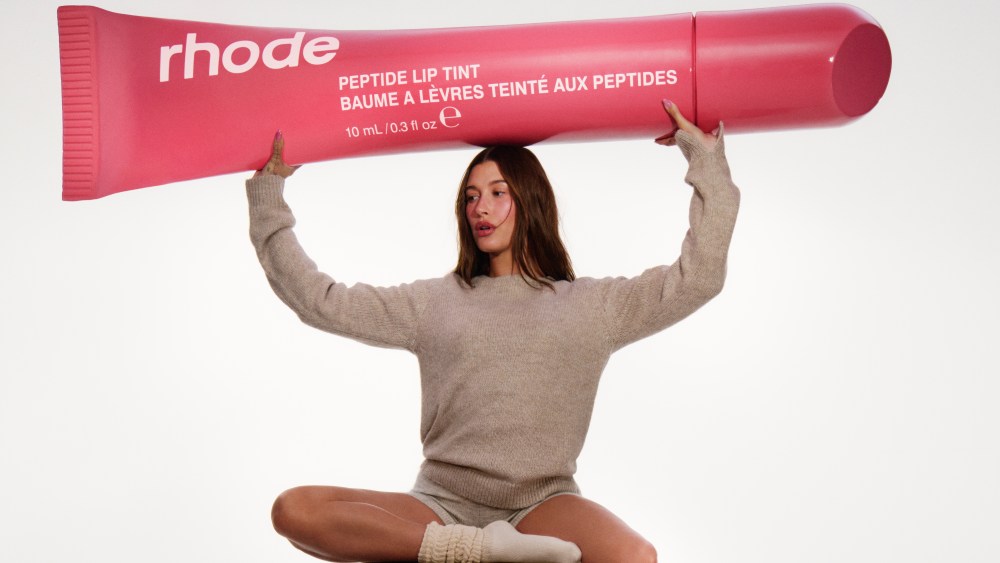E.l.f. Beauty made headlines with its unexpected announcement that it had acquired Hailey Bieber’s brand, Rhode, in a deal worth $1 billion. This news sent E.l.f.’s stock soaring 24% to close at $111.84, surprising many in the beauty industry. The agreement, E.l.f.’s largest to date, involves an immediate payment of $800 million in cash and stock, alongside a potential $200 million based on Rhode’s future growth over the next three years. To facilitate the acquisition, E.l.f. secured $600 million in debt financing, with the deal projected to finalize in the second quarter of this fiscal year.
From a strategic viewpoint, Bank of America analyst Anna Lizzul highlighted the advantages of the acquisition, particularly its direct-to-consumer approach, which offers E.l.f. new distribution opportunities. Rhode is set to launch in Sephora stores across the U.S. and Canada this fall, with plans for an expansion into the U.K. and other markets later. E.l.f. CEO Tarang Amin expressed confidence in Rhode’s brand strength and foresight, crediting Hailey Bieber for her vision and perceived authenticity, which Sephora acknowledges goes beyond her celebrity status.
Industry analysts have expressed optimistic views on the acquisition’s potential impact on E.l.f.’s financials. Lizzul anticipates that Rhode will meaningfully contribute to E.l.f.’s overall margins and profitability, thereby enabling deeper investments in marketing initiatives. Similarly, William Blair analyst John Andersen emphasized that the acquisition bolsters E.l.f.’s position in the global beauty market and sets the stage for significant sales growth in the coming years.
However, not all analysts are entirely convinced; TD Cowen’s Oliver Chen raised concerns about the sustainability of Rhode’s success beyond celebrity-driven hype. Despite this caution, he acknowledged the impressive sales figures Rhode has already achieved through its direct-to-consumer model. Chen’s estimates suggest that Rhode could substantially add to E.l.f.’s earnings per share in the coming years, especially with the Sephora rollout promising built-in growth opportunities.
Amin firmly believes that Hailey Bieber represents more than just a celebrity; he considers her a thoughtful founder with exceptional instincts and aesthetic sensibilities. The significant revenue generated by Rhode through direct sales in such a short time underscores its consumer appeal. This acquisition may also signify a possible shift in a slow M&A market for beauty brands, with industry experts suggesting it could pave the way for similar transactions, albeit with varying levels of enthusiasm and valuation.
This acquisition isn’t E.l.f.’s first major move; the company recently acquired the skin care line Naturium for $333 million, doubling its market presence in that category. The growth trajectory for Naturium has been strong, further reinforcing E.l.f.’s profitability across its diverse brand portfolio. While analysts noted concerns regarding current tariffs affecting E.l.f.’s cost structure, they remain confident that the company can mitigate these challenges through strategic pricing and operational efficiencies. Recent announcements indicated that E.l.f. would implement a $1 price increase across its products, reflecting adaptive measures to maintain profitability amid external pressures.

